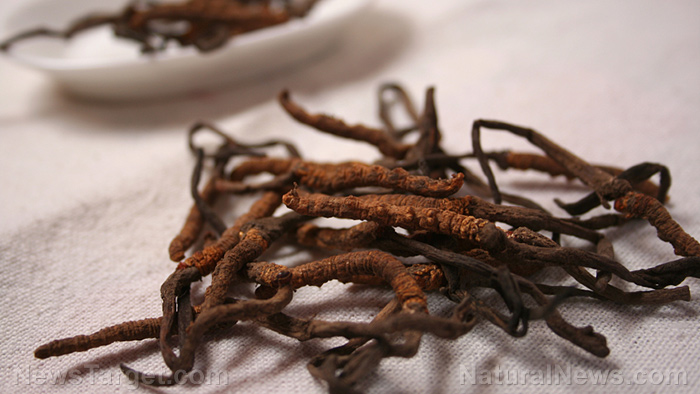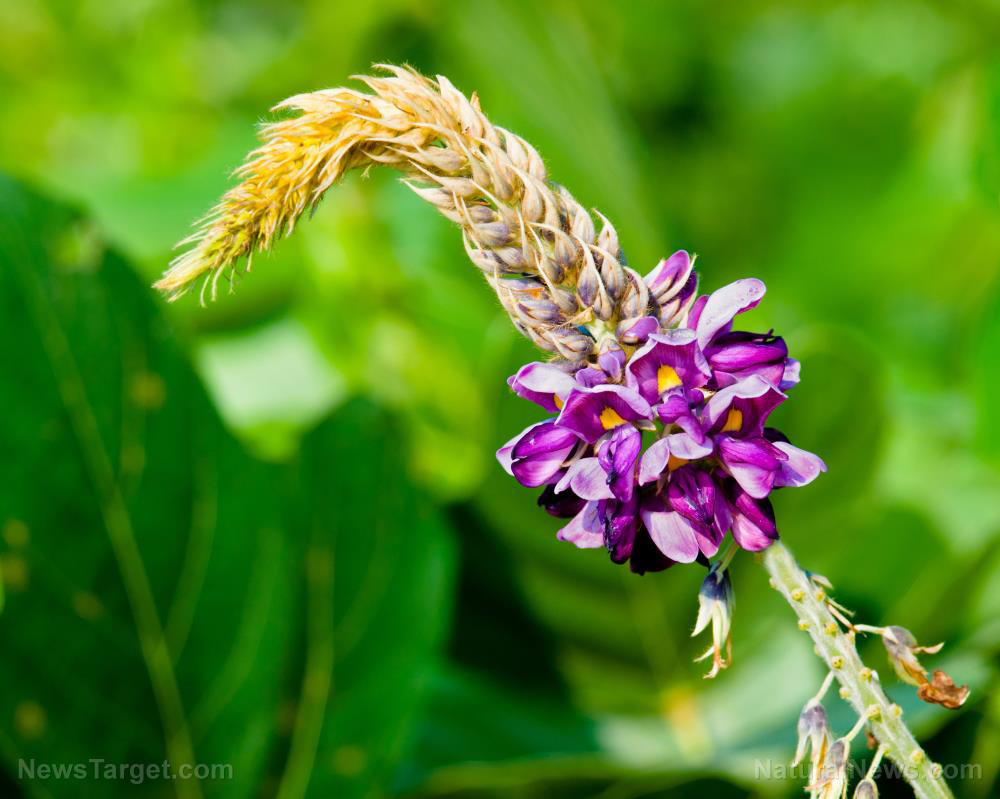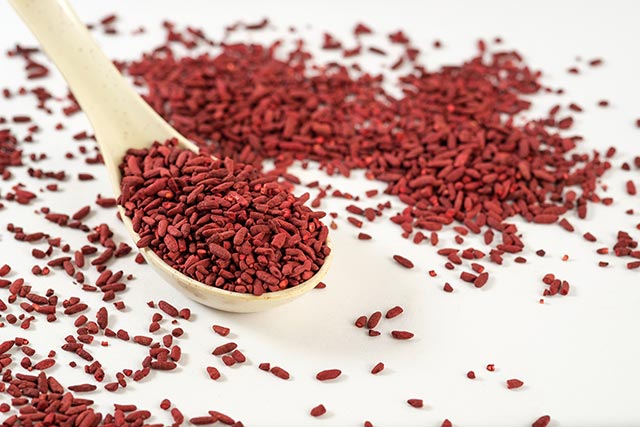Artemisia ifranensis essential oil confirmed to have strong antibacterial properties
11/21/2019 / By Melissa Smith

Artemisia ifranensis, which is native to Morocco, is a species in the genus Artemisia belonging to the Asteraceae family. In a study published in the Journal of Essential Oil Research, researchers from Morocco found that the essential oil extracted from this plant has a strong antibacterial effect against Staphylococcus aureus.
For the study, the research team extracted the essential oil of the wild Moroccan Artemisia plant during its vegetative and early blooming stages. Then, they analyzed the chemical composition of the essential oil. In addition, the team tested the antibacterial activity of the essential oil against pathogen germs isolated from hospitals.
After assessing the chemical composition of the essential oil, the research team found that beta-Thujone was the most abundant compound in the plant, with 50 percent during its vegetative stage and 41.1 percent during its blooming stage. Among the identified compounds, oxygenated monoterpenes and sesquiterpenes were found to be the most important compound groups. For antibacterial activity, the research team found that the essential oil was highly active against S. aureus. Taken together, the findings of the study indicated that A. ifranensis essential oil has strong antibacterial properties against S. aureus.
S. aureus is a type of bacteria that some people carry on their skin or in their noses, but they do not get an infection. However, if they get a cut or wound, the bacteria can enter the body and cause an infection. There are 30 types of bacteria, but this type of staph bacteria causes the most staph infections. In healthcare settings, these staph infections can be serious or life-threating: bacteremia or sepsis; pneumonia; endocarditis or infection of the heart valves; and osteomyelitis or bone infection.
Staph bacteria can spread from person to person, and on objects like athletic equipment, clothing, door handles, remotes, and towels. Staph infections can be prevented by practicing good hygiene and food safety.
Wild Moroccan Artemisia species can be considered as sources of natural antioxidants
A study published in the Moroccan Journal of Chemistry revealed that A. ifranensis and A. mesatlantica contain natural antioxidants. These two Artemisia species are popularly sought after by the Moroccan people for their therapeutic properties.
For the study, the researchers evaluated their phytochemical composition and antioxidant properties. To do so, they collected the plants in their full bloom in the region of Timahdite in Morocco. Then, they collected the extracts of each species and examined different fractions: butanolic fractions of both A. mesatlantica and A. ifranensis, methanolic extract of A. ifranensis, ethyl acetate fractions of A. mesatlantica, and crude extract of A. mesatlantica.
Based on the results of the phytochemical screening, both plants contain high amounts of polyphenols, sterols, triterpenes, and mucilages. The researchers found that the butanolic fraction of A. mesatlantica and the methanolic extract of A. ifranensis contain the most amounts of these compounds.
For total flavonoids, the ethyl acetate extract of A. mesatlantica and the butanolic extract of A. ifranensis were the richest. In addition, they saw that the crude extract of A. mesatlantica was particularly rich in condensed tannins. The researchers also measured the antioxidant activity of the two Artemisia species and found that all the extracts have a moderate antioxidant power.
From these findings, the researchers concluded that A. ifranensis and A. mesatlantica contain high levels of important chemical compounds. In addition, these plants can be considered as sources of natural antioxidants because of their ability to trap free radicals.
Read more studies on the antibacterial activity of essential oils from plants like A. ifranensis at EssentialOils.news.
Sources include:
Tagged Under: alternative medicine, antibacterial, Artemisia ifranensis, disease treatments, essential oils, herbal medicine, Herbs, infections, natural antibiotics, natural cures, natural medicine, prevention, remedies, research
RECENT NEWS & ARTICLES
COPYRIGHT © 2017 RESEARCH NEWS




















